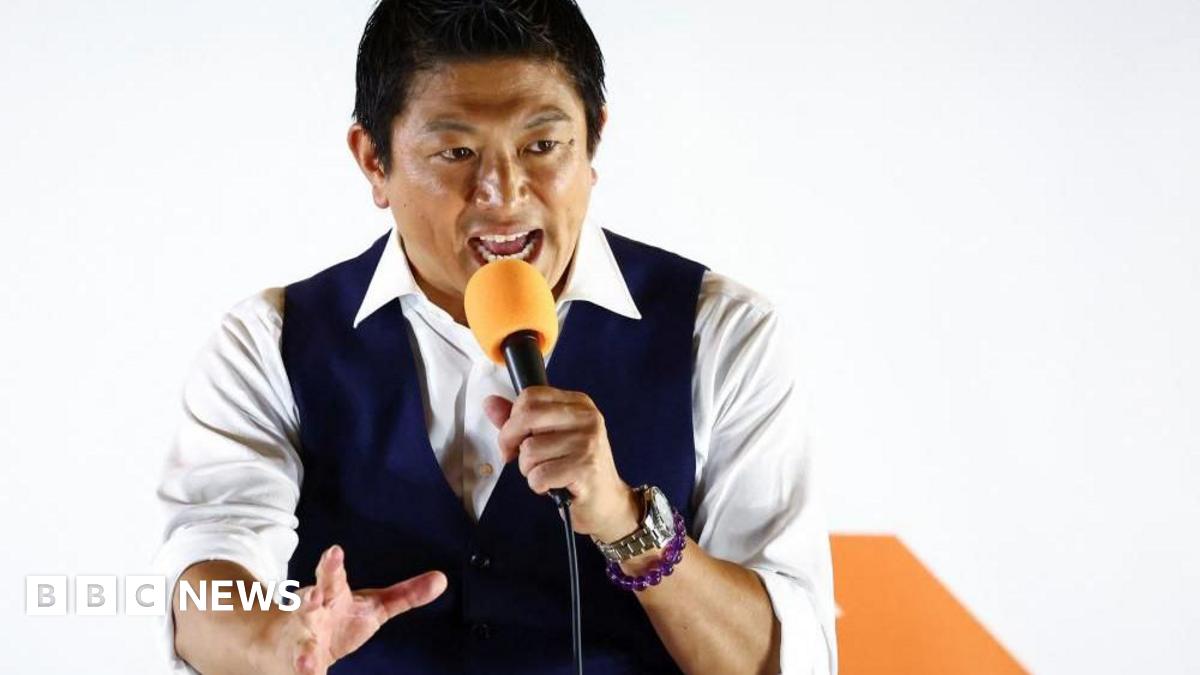The number of foreign residents in Japan hit a record 3.8 million at the end of 2024. That figure marks an increase up 10.5% from the previous year, according to immigration authorities – but still makes up just 3% of the country’s total population.
Tourist numbers also hit an all-time high of about 36.9 million last year, according to the National Tourism Organisation.
Sanseito has seized on the growing unease over immigration, blaming the ruling LDP for policies that have allowed more foreigners into the country.
Anti-immigration rhetoric often surfaces in countries dealing with a weakening economy, says Mr Hall.
“Misbehaviour and bad manners by some tourists” have added fuel to the fire, creating an impression of a “big foreign problem”, he adds.
“[Sanseito] tapped into the frustration over immigration and the perhaps unwarranted feeling that immigrants were rising too much in number,” he says.
Japan has traditionally been wary of immigration, but faced with an ageing population, the government had eased immigration laws in recent years in an effort to boost manpower.
Some Japanese people have been frustrated by the influx of foreigners and have blamed them for rising crime and inflation, among other things.
On Tuesday, less than a week before the election, authorities set up a new committee aimed at easing citizens’ concerns, pledging to shape a “society of orderly and harmonious coexistence with foreign nationals.”
But it now appears to have come too late – and Sanseito’s ascent may signal a turning point in Japan’s political landscape.
“I think for years now, people said Japan doesn’t have a populist right, or doesn’t have a populist far right,” says Mr Hall. “But I think [the result] has proven that there is a possibility for this to happen in Japan, and it’s probably here to stay.”
However, Mr Nishimura notes that it has been “notoriously hard” for populist parties to firmly establish themselves as a presence in Japanese politics because of the “fickle” electorate.
“If they see that a party they supported isn’t living up to their expectations, they will revert to the established choices or move onto newer alternatives.”
